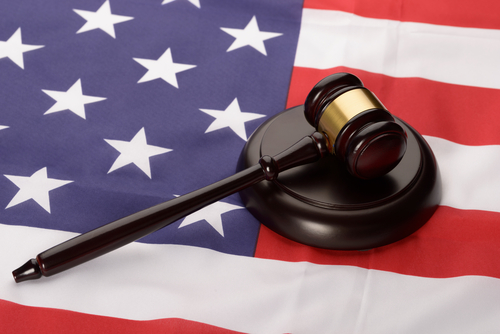Kadimastem Obtains US Patent for Neurodegenerative Disease Stem Cell Technology
Written by |

The United States has granted a patent to Kadimastem’s stem cell-based technology for treating multiple sclerosis (MS) and other diseases of the nervous system.
The patent involves the technology the company used to produce supporting cells in the central nervous system derived from human stem cells, including myelin-producing cells. The United States Patent and Trademark Office joined offices in Europe and Israel in patenting the technology.
Kadimastem’s technology can differentiate stem cells into oligodendrocytes, cells that produce myelin, the insulation for the neural wiring. In MS, the immune system destroys oligodendrocytes. Kadimastem can also generate stem cell-derived astrocytes. They are neural supporting cells involved in neurodegenerative diseases.
The technology, developed in Professor Michel Revel’s laboratory at the Weizmann Institute of Science, is owned by Yeda Research and Development Company. Yeda granted Kadimastem a license for exclusive use of the patent.
Kadimastem is working on novel therapies for many diseases that are based on transplanting cells and tissues differentiated from stem cells. The patent expands the company’s U.S. intellectual property coverage in treatments for neurodegenerative diseases, including MS and amyotrophic lateral sclerosis (ALS).
The company is in the midst of setting up a Phase 1/2a clinical trial of the safety and effectiveness of the technology in ALS. The trial will be under the supervision of the Israeli Ministry of Health. Kadimastem coordinated its trial plan with the U.S. Food and Drug Administration (FDA).
“With the company’s preparations for the first clinical trial of its unique product, the reinforcement of the company’s IP [intellectual property] is particularly important. The United States is a target market for the company’s products for several reasons, including regulatory (the reason why the company is coordinating the trial plan with the FDA), strategic collaborations, potential investors and market size. The patent granted in the United States is a substantial asset in each of these aspects,” Yossi Ben-Yossef, Kadimastem’s CEO, said in a press release.
Professor Michel Revel, the company’s chief scientist, added: “The granting of the patent is an international recognition of the uniqueness of the technology at the basis of the cell based treatment for ALS, which Kadimastem develops toward the upcoming clinical trial. The patent also has applications in additional nervous system diseases, and it reinforces the company’s position in the field.”


